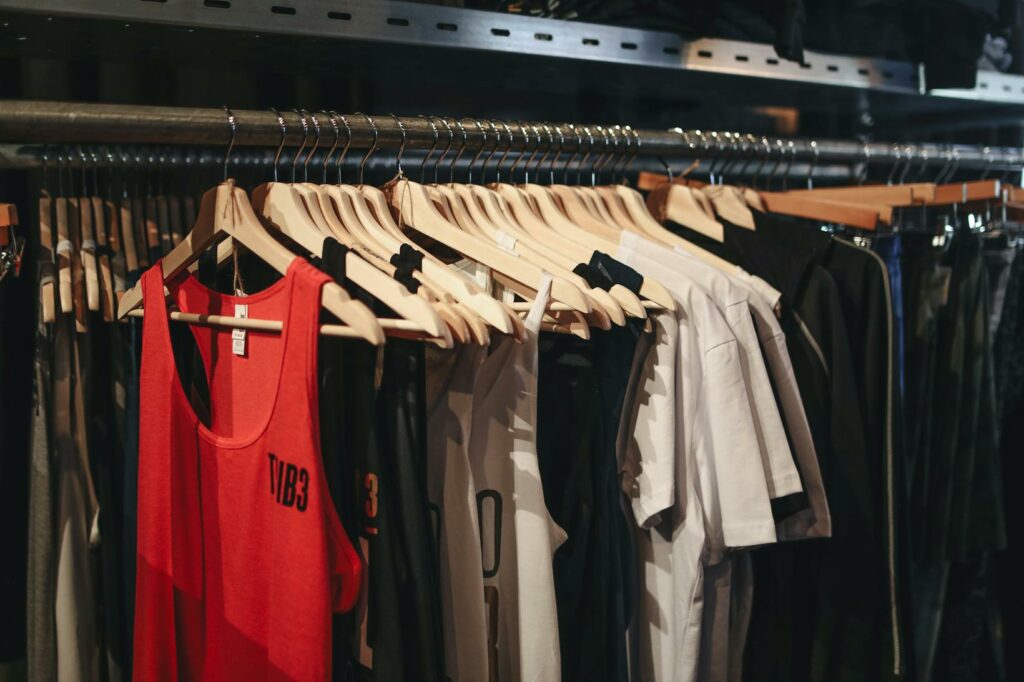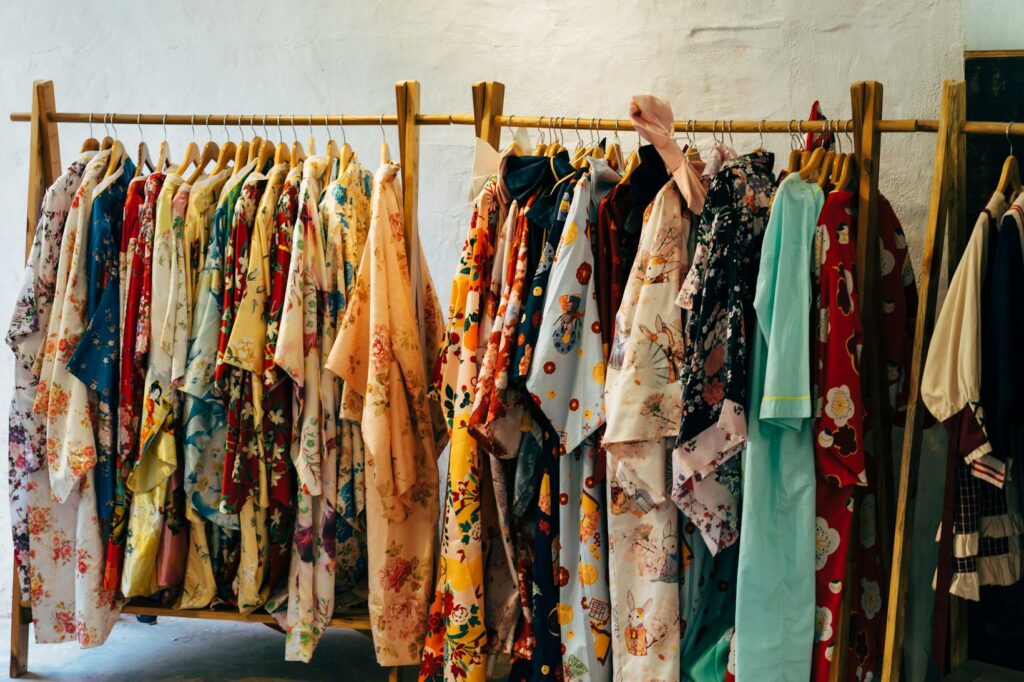In the ever-evolving world of fashion, sustainability has become more than just a trend; it’s a movement reshaping the industry. From innovative eco-friendly materials to ethical production practices, the concept of sustainable fashion is taking center stage. Keeping up with the latest sustainable fashion news is not only about staying stylish but also about making a positive impact on the planet.
 Sustainable Fashion News
Sustainable Fashion News
Staying updated on trends in sustainable fashion is crucial to make informed shopping decisions. Consumers are increasingly demanding transparency and eco-conscious choices.
Embracing sustainability in fashion is not only a trend but a step towards a greener future for both the industry and the planet.
Eco-Friendly Materials
Exploring eco-friendly materials is a key trend in sustainable fashion. Fabrics like organic cotton, hemp, and bamboo are gaining popularity due to their minimal environmental impact. Brands are shifting towards using recycled polyester and innovative materials derived from fruits, algae, and even mushrooms to reduce waste and promote sustainability.
Innovations in Recycling
Innovations in recycling processes are transforming the fashion industry. Technologies such as chemical recycling and upcycling are being adopted to give new life to textile waste. Brands are collaborating with recycling companies to create circular systems that minimize the industry’s carbon footprint and eliminate textile waste in landfills.
Impact of Sustainable Fashion News on Consumer Behavior
Consumers’ purchasing habits are significantly influenced by sustainable fashion news, leading to a shift in their behavior towards more conscious choices.
Increased Awareness
Consumers are becoming increasingly aware of the environmental and social impact of the fashion industry due to sustainable fashion news. They are educating themselves about sustainable practices, ethics, and the effects of fast fashion on the planet.
Changes in Purchasing Decisions
As a result of staying informed through sustainable fashion news, consumers are making more informed purchasing decisions. They are opting for ethically produced and environmentally friendly clothing items, promoting the demand for sustainable fashion brands.
Key Players in Sustainable Fashion
Designers Leading the Change

In sustainable fashion, designers play a crucial role in driving innovation and advocating for eco-conscious practices. They are at the forefront of creating stylish, environmentally friendly collections that cater to the growing demand for sustainable apparel.
These designers are known for their commitment to using ethically sourced materials, implementing fair labor practices, and incorporating sustainable production techniques. By prioritizing sustainability in their designs, they set a positive example for the industry and inspire others to follow suit.
Brands Embracing Sustainability
Many fashion brands have recognized the importance of sustainability and have integrated environmentally friendly practices into their operations. These brands are dedicated to minimizing their carbon footprint, reducing waste, and supporting ethical supply chains. By investing in sustainable materials, such as organic cotton or recycled polyester, these brands are able to offer consumers fashion-forward products that are better for the planet.
Embracing sustainability is not only a trend for these brands but a core value that drives their business decisions and resonates with environmentally conscious consumers.
Challenges Facing Sustainable Fashion
Sustainable fashion encounters various challenges that hinder its widespread adoption and implementation. These hurdles range from economic constraints to technological limitations, impacting the industry’s ability to scale and innovate effectively.
Economic Hurdles

- Scarce Funding: Sustainable fashion initiatives often face difficulties in securing sufficient financial support for research, development, and implementation.
- High Production Costs: Adopting sustainable practices in fashion production can lead to increased costs due to eco-friendly materials, ethical labor, and sustainable manufacturing processes.
- Limited Consumer Demand: While the interest in sustainable fashion is growing, there is still a gap in consumer demand compared to conventional fashion, affecting the profitability and scalability of sustainable brands.
- Lack of Advanced Recycling Technologies: The fashion industry struggles with the absence of sophisticated recycling technologies that can efficiently process and recycle various types of materials.
- Innovation Challenges: Developing cutting-edge sustainable materials and production methods requires ongoing technological advancements, which can be costly and time-consuming.
- Infrastructure Constraints: The infrastructure needed to support large-scale adoption of sustainable technologies, such as renewable energy sources and circular production systems, is often lacking or underdeveloped.
Sustainable fashion is paving the way for a more eco-conscious future in the industry. With a focus on eco-friendly materials and recycling processes, the shift towards sustainability is reshaping consumer behavior.



